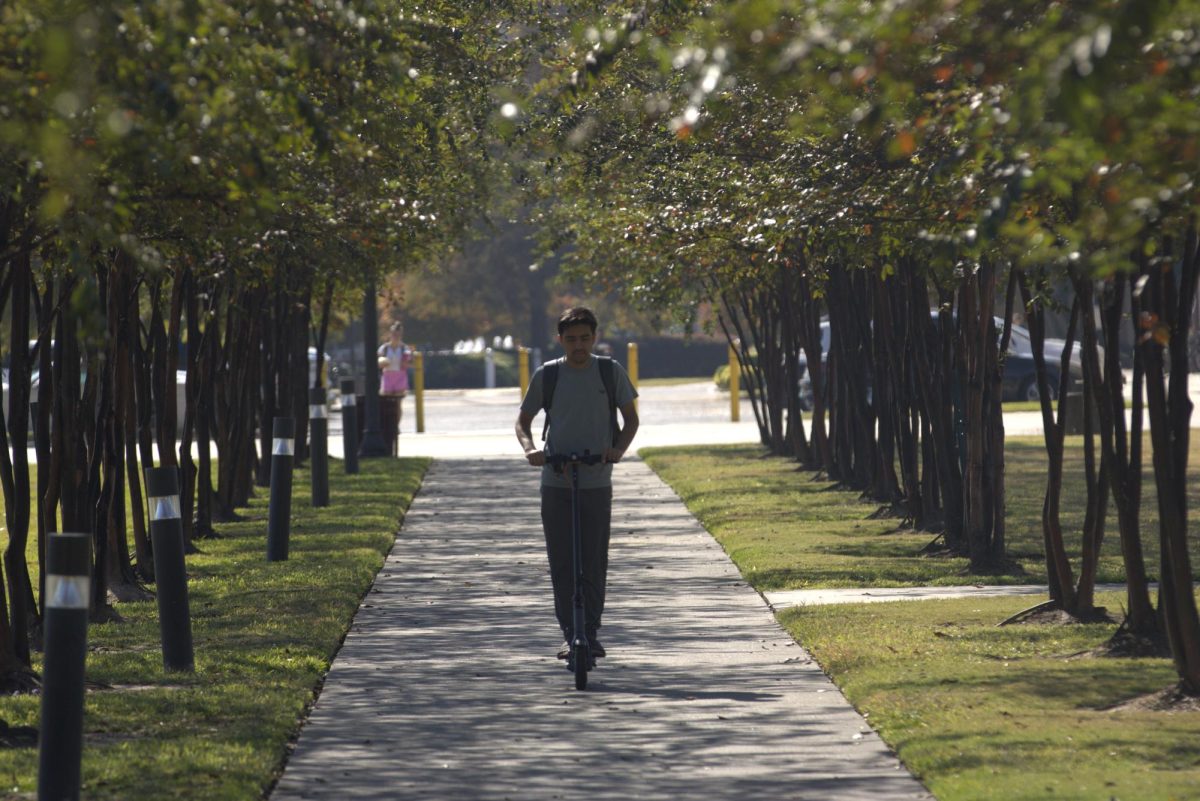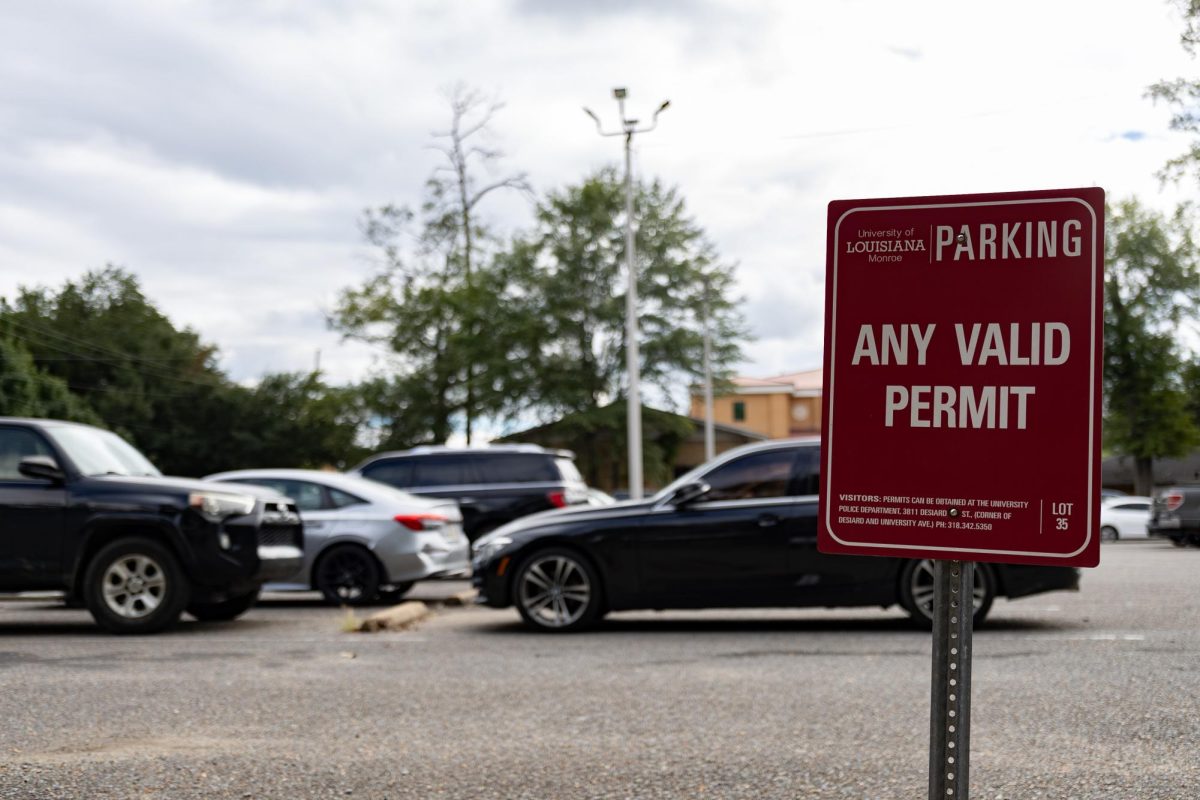The Telegraph published an article on Oct. 23 alleging that President Aníbal Cavaco Silva of Portugal had effectively forbade the democratically elected opposing coalition from forming a government.
The truth was somewhat less exciting: the three left-wing parties had netted, all together, an absolute majority. Unfortunately, the left had not yet formed an official coalition where the right-wing had done so in 2014.
Accounting for the left’s technical disunity gave the right the simple majority. Thus, the president could award his political allies first rights to building a government without violating the constitution. A blatant dismissal of the mandate afforded the left by the electorate, but nonetheless legal.
The president explained that the left could not be trusted to work with the European Union, saying: “This is the worst moment for a radical change to the foundations of our democracy.”
With this statement, the president’s priorities became clear: the EU’s concerns before the people’s.
The Portuguese left, led by Secretary-General António Costa of the Socialist Party, was quick to throw accusations of a coup. Costa has since threatened the right with a no-confidence vote.
Portugal is facing a political—if not constitutional—crisis. And it could have consequences for the euro.
As far-reaching as this is, Americans are virtually unaware of the situation. Those media outlets that have decided to run the story have done so perfunctorily.
Take for example, Fox News, MSNBC and CNN, three major news networks with reaches spanning multiple mediums. When searching each of their websites for mention of the crisis in Portugal, as of my writing this, Fox has two pieces (both from Associated Press) and MSNBC and CNN both have none.
In comparison, a search for articles related to the Benghazi hearings results in 14 stories from Fox, six from MSNBC, and seven from CNN—all since Oct. 23.
I’m not denying the importance of the Benghazi attack. It was entirely preventable and indicative of a larger problem with our foreign policy.
But surely the development of yet another fracture in the Eurozone is worthy of more than a 14th of the attention afforded Hillary Clinton’s emails.
The question then becomes: For whose benefit are cracks in the austerity regime underreported? The answer is, as usual, rooted in the private sector.
It should come as a shock to no one when I say that the upper class dominates the media.
Pay cuts, skyrocketing unemployment, unaffordable housing: all results of austerity and all far more likely to negatively impact the lower than upper classes.
Meanwhile, the stock market—so inextricably tied to the upper class as to need no connection here—has seen wonderful success, 2013 being its best year since the 20th century.
Austerity explicitly harms the lower classes for the benefit of the upper class.
They are not blind to this; they just know a good deal when they see one: their investments soar, wages stay low and there’s an ever-growing reserve army of labor, a useful tool in their decimation of labor rights.
Austerity is not a remedy for our economic troubles. It’s a contributing factor.
Ultimately, our privately-owned media is a major obstacle in numerous fronts of the fight for progress and recognizing that is the first step. Just don’t expect them to tell you that.
Religion can be spoken about freely, yet we tread softly when publically mentioning it.
But, the hardest idea to grasp is that having the right to spread religious awareness is certainly not the same as pushing beliefs on others.
While people reserve the right to practice religious freedom and to speak without restraint about any faith they choose, forcing others to listen isn’t freedom of speech; it’s harassment.
There are over 127 major religions and seven billion people on earth with seven billion different views of God. Some love Him, some fear Him, some question His existence and some are still searching for Him.
Some will decide that God plays no role in the trials and tribulations of life, while others will find faith the moment they see their newborn child take the first breath of being.
Whether we discover where we spiritually belong in a pew on Sunday morning or on a lonely drive with no destination, the journey to finding or forgetting God is what determines our views. We can’t be told what and who to believe in, or to even believe in anything at all.
What we learn, who we meet and the challenges we face are what we remember when we stand before Him, not the church members that knock on our front doors, or the people that stand in the quad condemning us all to hell.
And if the church goer at your front door changes your perspective, let them. Be baptized in one church, change your mind, and be baptized in another. Let what you learned in biology class make you question evolution and the powers above.
Learning from life experiences and questioning God’s ways isn’t sin; it’s human. It’s human to change emotionally, mentally, and spiritually when physical surroundings change. It’s human to simply be curious and indecisive.
Faith only exists because there are people that believe strongly enough in it to make it a reality and a way of life. Without doubters and differences, the strength of religion would never have anything to be measured against.
Because of that, religion without true belief is weak.
Never practice out of habit, don’t follow just because your parents or friends do, and don’t ever think one religion is superior to another. In a time that seems to have the explanation for everything in a test tube or on a database, people believing in any God at all is a miracle in itself.



